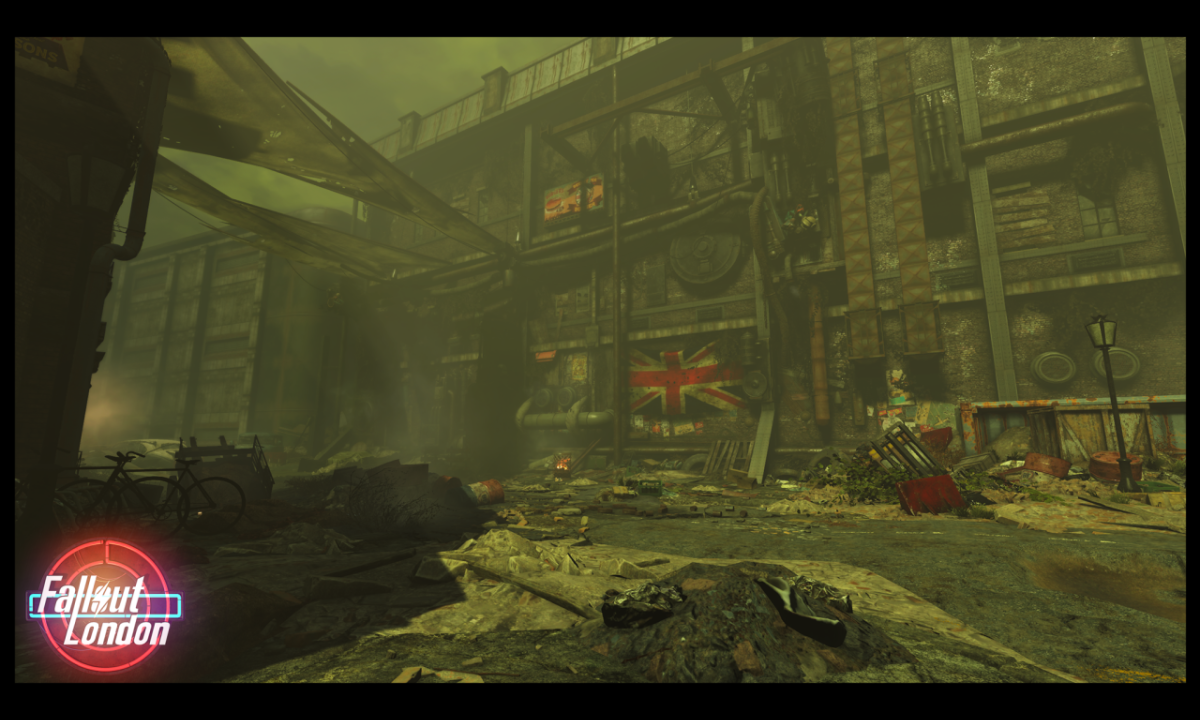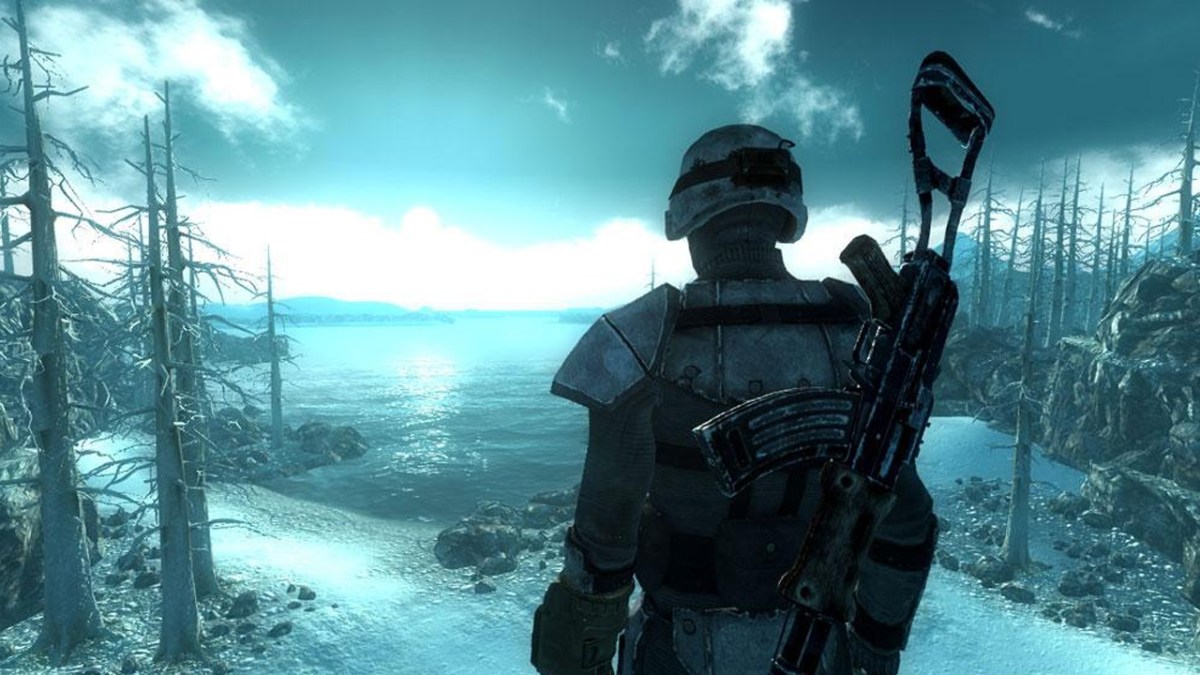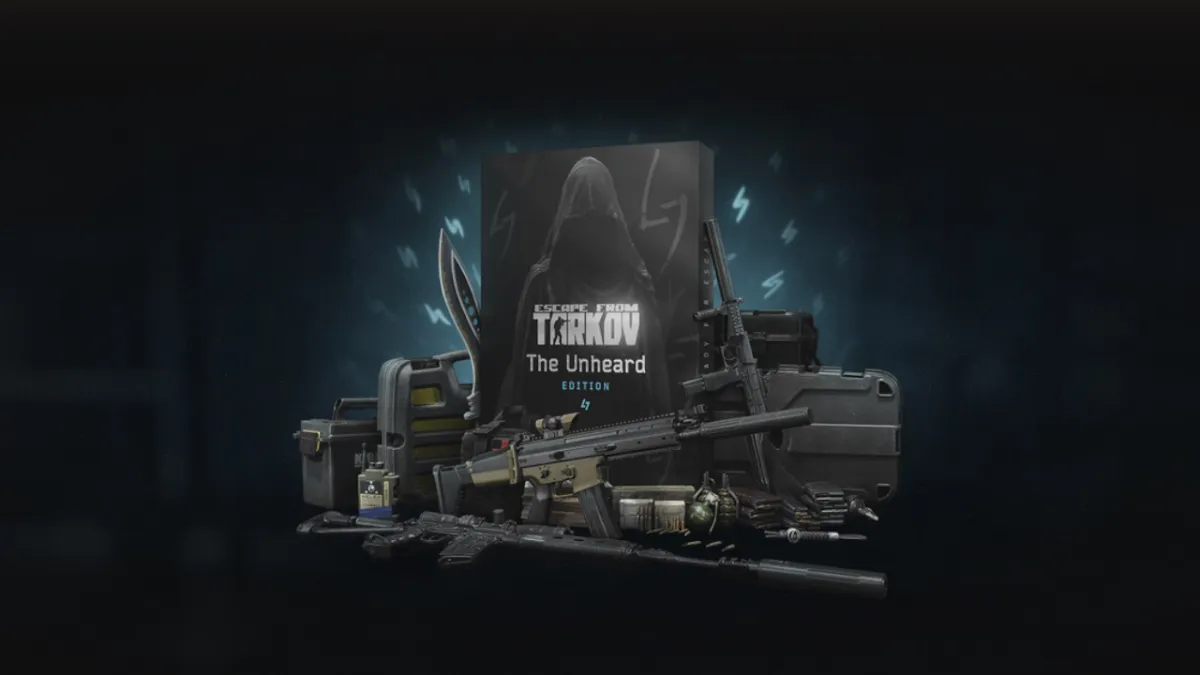Hello there, my fellow avatar jockeys, and welcome to this week’s futuristic edition of MMO Weekly. In this week’s epic installment, we’ll take a hard look at some of the more intriguing sci-fi MMOs of the past few years. We’ll also examine why they failed, and why sci-fi MMOs generally fare quite poorly.
“Fare quite poorly” doesn’t accurately describe the state of things though, does it? Perhaps a bit more accurate would be the phrase “die a horrid death.” If you’re a lover of sci-fi, and you find yourself endlessly hoping for a juicy sci-fi MMO to sink your teeth into, you know exactly what I mean. Sci-fi MMOs just don’t do very well – and usually go under- especially compared to traditional fantasy MMOs.
A couple of quick caviats. First, I’m intentionally leaving EVE Online out of this discussion. While it is certainly a successful sci-fi MMO, it is so unorthodox, so unconventional that its unique success deserves a column (or several) of its own. In fact, I’d argue that EVE Online succeeds despite itself….but that is a tale for another day. No, what I’m referring to is the traditional MMO, one in which a player assumes the role of a character that plods the soil, finds instances in need of delving, princesses in need of rescuing, and monsters in need of slaying. My second caviat is that this isn’t supposed to be a thorough treatise on the subject, but more my own impressions from having played my fair share of sci-fi MMOs over the years. Take it for the subjective opinion piece that it is.
The question, of course, is “Why does sci-fi fumble as an MMO?” Sci-fi and high fantasy have traditionally gone hand-in-hand. Among fans, there is a huge crossover. Having just come back from Comic-Con, the smell of this cross pollination is still fresh in my nostrils. Sci-fi, fantasy, comic books, film, anime; they all blend together, as do even the most obscure sub-genres (retro-futuristic steampunk, anyone?). Broadly speaking, the same geeks that love Trek, Star Wars, and Ray Bradbury also love Lord of the Rings, and vice versa. The gamers among them should love sci-fi MMOs as much as they love fantasy ones.
So then, why do classic fantasy-based MMOs succeed, while sci-fi MMOs generally fail? Some have postulated that the genre simply doesn’t lend itself to MMOs. These same folks often point to television: many sci-fi series have succeeded there, but successful high fantasy series are very few, and very far between. In a similar way, they argue, the MMO just doesn’t fit with sci-fi, and it never will. It’s a square peg – round hole thing; sci-fi MMOs are doomed from the start.
I don’t agree with this line of reasoning. I think that a conventional sci-fi MMO can succeed. I remember watching a panel discuss this very topic at the GDC in 2008; each of the panelists treated sci-fi MMOs negatively, and some openly claimed they simply couldn’t be successful. Rob Pardo – one of the fathers of WoW – was openly dismissive of their comments. He maintained that sci-fi MMOs could certainly be very successful. According to Rob, we simply haven’t seen one do so quite yet.
So what are sci-fi MMOs doing wrong? Why aren’t people signing up? Or, more accurately, why are they signing up and then unsubscribing? Why do a lot of sci-fi MMOs shrink to a small, dedicated band of players, while others go under completely? I have a few observations, and most of them have to do with the foundational concepts of character building and role playing, essential ingredients to a successful MMO.
Problem One: Sci-Fi MMOs Make Players Play Generic, Sucky Archetypes
First up – the “classes” (and boy, do I use that term loosely) are generally very generic and very similar to one another. In a fantasy RPG, you know that a wizard and a warrior are very different. They have far different skills, far different abilities, and very distinct attributes. They even dress differently: the wizard, as everyone knows, wears only cloth armor. The warrior? The heaviest armor in the game. Run the list of standard fantasy RPG characters in your head – cleric, necromancer, rogue, monk, bard – and I’ll bet a distinct archetype immediately pops into your mind.
Now do the same for a sci-fi RPG. “Um, there’s the soldier, and then the medic, and, um, there’s the….uh….there’s another guy, and…give me a minute….isn’t there usually some sort of hacker or something?”
See the problem? I remember distinctly a moment in Anarchy Online when this problem struck me very clearly. I was playing in a nice mixed group of characters, each of us a different class. I looked at my character, then at every other character in the group. We had just pulled a mob. And then we all stood around our opponent, in a big circle, firing guns at him until he was dead. We all wore very similar, highly futuristic armor/clothing, and we shot our rapid-fire pistols, rapid-fire rifles, and rapid-fire submachine guns at the mob, until it fell over. Then we did the exact same thing again, and again, and again.
The bottom line was that the doctor and the soldier, although distinct classes in the game, suddenly seemed similar and non-distinct, right down to their equipment and clothing. This is true for most of the classes. From the player’s point of view, he doesn’t feel unique and heroic; he gets the impression that he’s just like everyone else in the game. This problem is very different from that of most successful fantasy MMOs, in which the distinctions between classes is pronounced.
{PAGE TITLE=MMO Weekly Page 2}
Sci-Fi MMOs Make Players Play Generic, Boring Races
A similar problem occurs when it comes to the races/species that sci-fi games allow players to choose from. In early Anarchy Online, those races were all human. There were skinny humans and muscular humans, but that’s where the differences ended. In Tabula Rasa, the problem was actually worse. Everyone played a human (hybrids were introduced as the game entered into its death spiral), and each human looked very similar to everyone else. In Hellgate London, the situation was identical. You could choose to play a human, a human, or a human.
This is as boring as white bread. The very idea of an RPG is that you can play something distinctly different from yourself. While many players of traditional fantasy MMOs choose to play as a human, that is their preference, and no one forces it upon them. Many more choose to play as a dwarf, an orc, or a cute little gnome. More exotic options exist in many games: frogloks, centaurs, tauren, ogres. The fun lies in choosing something distinct and different from everyone else.
As with the previous problem, the player has no opportunity to feel unique and heroic. Most sci-fi MMOs reduce or eliminate racial options completely, thus ensuring that players all feel the same.
Sci-Fi MMOs Give Players Generic, Boring-Looking Gear
A similar problem rears its plain, generic, head when it comes to gear. Consider WoW, a game most of the readers of this column are familiar with. Your gear, especially in the endgame, is a set of exotic, outlandish, wearable trophies. Players think nothing of an oversized hat with some bright orange whirligigs circling it. A staff with moving parts and some light-emitting crystals is instantly recognisable and completely normal. Shoulders are huge and distinct. People frequently notice a player with good gear; it’s obvious.
In the sci-fi games I’ve played, this is often not the case. While a piece of endgame gear will have epic stats, it may not have a particularly epic look. In fact, in my experience, it may look only slightly better than a piece of ordinary equipment. Sci-Fi game designers have yet to embrace the over-the-top quality that the gear of fantasy MMOs have long possessed. Again, I don’t know why, but my epic, endgame blasters looks quite similar to the store-bought, run-of-the-mill blasters I had six levels ago.
The problem, of course, should by now be familiar: once again, this makes every player look the same. The whole idea of character building and role-playing – playing a distinct, heroic character – is diminished by this.
Sci-Fi MMOs Make Players Play in Boring, Generic Environments
Even though it’s been years, I can recall, quite fondly, a number of the dungeons/instances that I cleared in EQ. The same goes for DAoC. It is certainly true, now, for WoW.
Of the sci-fi MMOs I’ve played – Star Wars Galaxies, Hellgate London, Anarchy Online, and Tabula Rasa – I cannot remember having a similar experience. In fact, very few examples of an interesting instance, base, fortress, dungeon, or mission stand out in my mind. I do remember feeling that most of the missions seemed very generic and similar to one another.
I cannot, for the life of me, figure out why game designers seem stuck on several standard designs, right out of the old Star Trek series. There’s the cave, the futuristic building interior, the internal rooms and halls of a starship, and the occasional outdoor adventure. The variety is small.
Again, this is related to the problems mentioned above. Non-distinct classes, identical races, and missions that are all the same. Compared to a solid fantasy MMO – one that makes an ongoing effort to keep variety in the game – this is all getting pretty dry.
The Boring, Generic Trend
I need to clarify that each of the sci-fi MMOs I mentioned above had some of these problems, but not necessarily all of them in every case. Hellgate allowed only one race, but did make the character classes at least somewhat different in appearance, and significantly different in abilities. Pre-NGE Star Wars Galaxies certainly allowed players to play a nice variety of different races; the classes, however, were a hodge-podge of confusing, generic abilities, and the missions were identical from level 1 to the endgame. However, several of these trends can be identified in each of the previously mentioned games. Clearly, no sci-fi MMO exists that combines the racial variety, the distinct classes, the varied environments, and the outlandishly unique gear that WoW (or any other successful fantasy MMO) does. And that, my friends, is at least part of why they have not yet achieved noticeable success.
Ok, you’ve listened to me opine on this topic enough, and I must bring this week’s edition of MMO Weekly to its conclusion. If you feel differently, or have different insights as to why sci-fi MMOs struggle to maintain their player-base, feel free to comment below. For now, ciao!



